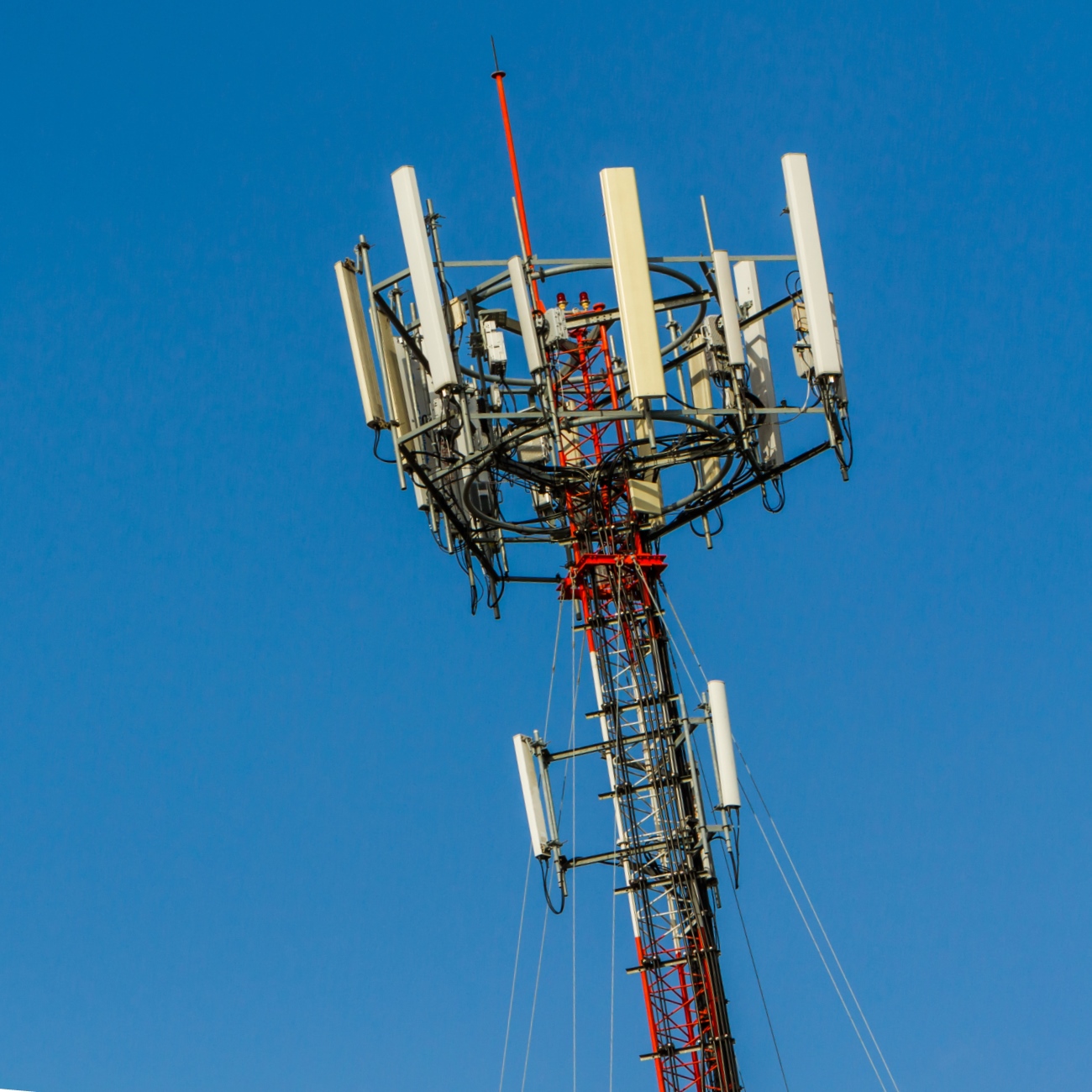Telecom & Wireless
Verizon Still Expected to Have Solid 2016: AT&T and 4-Way Price War Be Damned

Published:
Last Updated:

Verizon Communications Inc. (NYSE: VZ) could have a better 2016 than it did in 2015. If you include the 4.9% dividend yield in a total return calculation, analysts on Wall Street were looking for a 13.3% gain in 2016. That is after a total return of only 3.6% a year ago — but note that a year ago analysts actually were looking for Verizon to post a 17% total return.
Verizon has been doing what it can to right-size its asset and operating base. It has sold off certain geographic wireline segments. It is still trying to grow its Fios TV and Internet service bundles. And of course, Verizon now owns all of its Verizon Wireless unit after repurchasing the stake held by Vodafone Group PLC (NASDAQ: VOD).
Then there is of course AT&T Inc. (NYSE: T), though AT&T is no longer a rival Dow Jones Industrial Average (DJIA) component. But AT&T blows Verizon out of the water for dividend investors with a 5.6% yield. AT&T also outperformed Verizon in 2015 with an 8.3% total return, versus an expected gain (calculated a year ago) of about 9.5%.
Verizon is in a four-way price war. The AT&T pressure has always been there, but Sprint Corp. (NYSE: S) and T-Mobile US Inc. (NYSE: TMUS) are both doing whatever they can to gain market share. Sprint served more than 58.6 million connections as of September 30, 2015. T-Mobile already said that it at 2015 year-end it added 8.3 million net customers for the year, and its count is now more than 63 million for 2015.
Verizon is considered somewhat defensive, considering that it is in telecom and wireless. During the worst week of a market’s annual start in our lifetimes, Verizon shares were down 1.87% on a dividend adjusted-basis from the end of 2015. That is actually a win considering the 1,000-point drop in the DJIA.
At the end of 2015, analysts had a consensus 12-month price target of $50.12. Then add its 4.89% yield, which is how we came up with a total return expectation of 13.3% for 2016. That would now be closer to 15%, if you include the selling in Verizon’s shares over the past week. The consensus analyst price target for AT&T of $37.15 is about 15.8% in total return expectations for 2016.
Analysts are very mixed on Verizon and in other telecom issues. BTIG downgraded Verizon in mid-December to Neutral from Buy. It was back in October that FBR Capital Markets kept its Outperform rating on Verizon, but it lowered its target price to $54 from $57. Argus maintained its Buy rating on the same day as FBR’s call, but it also lowered its price target to $53 from $59 in the call.
The Thomson Reuters consensus estimates for earnings per share (EPS) are $3.97 for 2015 and $3.98 for 2016. That is less growth than is projected for AT&T, and Verizon’s revenue growth is expected to be less than 1%. Still, both stocks have fair valuations, considering those high payouts, with forward 2016 multiples of 11.25 for Verizon and 12 for AT&T.
AT&T is expected to have double-digit sales growth in 2016, but some of that is from the addition of DirecTV in its base now. AT&T also has been quietly reaching down into Latin America.
For 2015, analysts’ expected gains were very close on AT&T and way off on Verizon. Verizon added on lots of debt, more than doubling its long-term debt from 2012 to 2014 (last seen at $105 billion) for the Verizon Wireless acquisition, and AT&T’s last debt of $119 billion is up from $66 billion at the end of 2012. Making acquisitions isn’t cheap, even if their interest rates are low.
Verizon shares were last seen trading at $44.78, in a 52-week range of $38.06 to $50.86.
Let’s face it: If your money is just sitting in a checking account, you’re losing value every single day. With most checking accounts offering little to no interest, the cash you worked so hard to save is gradually being eroded by inflation.
However, by moving that money into a high-yield savings account, you can put your cash to work, growing steadily with little to no effort on your part. In just a few clicks, you can set up a high-yield savings account and start earning interest immediately.
There are plenty of reputable banks and online platforms that offer competitive rates, and many of them come with zero fees and no minimum balance requirements. Click here to see if you’re earning the best possible rate on your money!
Thank you for reading! Have some feedback for us?
Contact the 24/7 Wall St. editorial team.